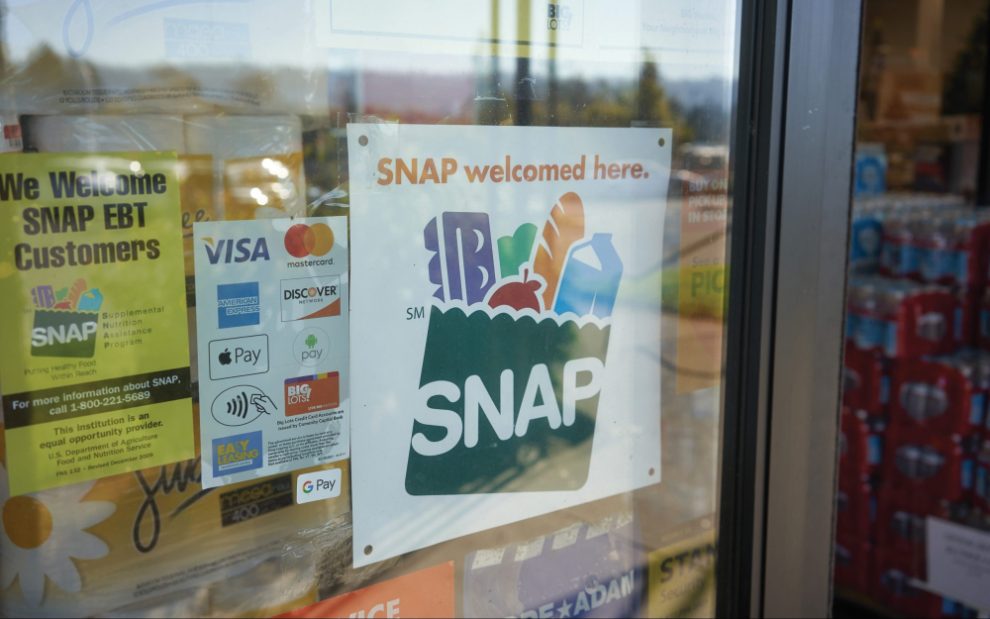Eradicating extreme poverty by 2030 remains the top goal of the United Nations’ Agenda for Sustainable Development. That ambition faces plenty of obstacles—war, famine, and resource and wealth hoarding among them. But how much do our sometimes unacknowledged, even unconscious attitudes about people who are poor threaten progress against poverty?
The U.N. special rapporteur on extreme poverty and human rights, Olivier De Schutter, delivered a report during this fall’s 77th General Assembly in New York that reviewed an “ism” you are probably not familiar with. “As the global rise in energy and food prices throws millions more into poverty,” De Schutter said, “they must be protected not just from the horrors of poverty, but also from the humiliation and exclusion caused by the scourge of povertyism,” a subrational, corrosive force as “pervasive, toxic, and harmful as racism, sexism, and other forms of discrimination.”
I can just about hear the groans at the proposition of yet another ism to make amends for. Before dismissing povertyism out of hand, please consider some pernicious real-world effects of our particularly virulent, homegrown variant. U.S. povertyism dictates not only how Americans deal interpersonally with poor people they encounter but the often oppressive approach to poverty mitigation that passes for social policy in America. The United States ranks at the bottom among peer states in social support for the disabled, mentally ill, out of work, and low-income individuals and families. Why is that?
De Schutter defined povertyism as the “dangerously misplaced belief that people living in poverty are to blame for their condition.” Few societies take as strong a “blame the victim” approach as does the United States. It can seem at times that Americans care more about dubious theories of welfare dependency than they do with demonstrable threats to human dignity such as childhood hunger.
Despite the condemnatory rhetoric, most people who are poor are frequently the victims of forces far beyond their control. Let’s remember that almost one-third of U.S. poor are children, people hardly in the position to “lift themselves up by their bootstraps.” And their parents and caregivers often struggle against vast social and economic phenomena—deindustrialization, globalization, climate change, war, the opioid epidemic. Povertyism’s shaming of poor people can be so complete, according to De Schutter’s analysis, that the poor themselves internalize the conceit, preferring to avoid the humiliation of applying for public assistance even when mitigation and relief systems are in place and they are eligible to receive aid.
Povertyism hurts the poor, but it can also lead to wrongheaded social policy. Consider the recent failure to push through a promising innovation of the Child Tax Credit program. Under an emergency provision during the COVID-19 pandemic, the credit was expanded and transformed from an annual payout into a monthly per-child allowance. The changes cost the federal government little, but they had an immediate impact on poor families across the country, lifting 3.7 million children out of poverty and cutting childhood poverty by 46 percent in one year. It seemed like a no-brainer to make that pandemic-inspired revision permanent. Alas, Congress did not agree and the program expired, leading to a thoroughly predictable spike in poverty and hunger just days after the experiment ended.
The Catholic Church esteems the dignity of the poor as a sacred obligation. It urges a preferential option for the poor and warns that a society will be judged by how well it cares for its poor and vulnerable. The Sermon on the Mount illuminates our works of mercy and justice. But despite scripture and church practice and its constant appeals on behalf of the poor, how many Catholic Americans have adopted a U.S. povertyism that marginalizes and degrades people who are poor because they are poor?
When we say, “Blessed are the poor,” what exactly do we mean?
This article also appears in the January 2023 issue of U.S. Catholic (Vol. 88, No. 1, page 42). Click here to subscribe to the magazine.
Image: iStock.com/hapabapa
















Add comment